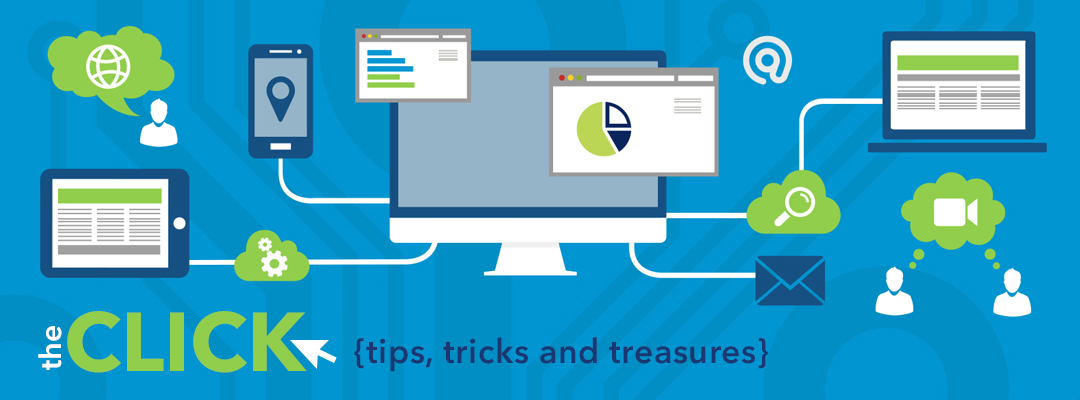*Made in signbot
If you have not had a chance to check out Alice Keeler's website and use Google Apps in the classroom, I encourage you to check out a few interesting (and totally useful) blogs from her:
- For Science Teachers: Adding PhET Sims to Google Classroom
- For Any Subject or Teacher who uses Google Forms: Google Forms: One Form for All Periods
- For Teachers who use Google Classroom and have an Android Device: Google Classroom Student Chooser Feature
- I tried this one on my android phone. It is so cool! 😎
- For any class that writes: Google Slides Essay
- For Math Teachers: Open Middle: Equivalent Fractions Activity
- You can find out more about this website in our online newsletter.


